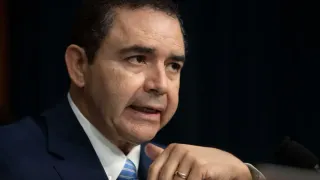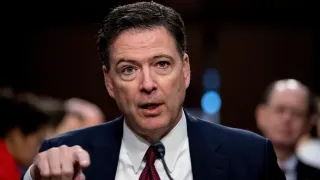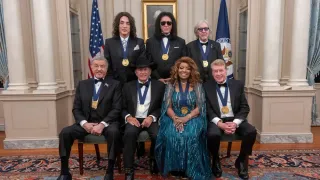January 9, 2019
Margot Robbie to Play Barbie in Live-Action Film
READ TIME: 1 MIN.
Margot Robbie will bring Barbie to life in a live-action film.
Mattel and Warner Bros. Pictures announced Tuesday that Robbie will star as the iconic doll in the franchise's first-ever live-action film. The 28-year-old "I, Tonya" actress will also co-produce the film under her LuckyChap Entertainment banner.
The Barbie film is the first announced deal to come out of toymaker's newly-established Mattel Films. The Barbie doll debuted at a New York toy fair in 1959.
Robbie said in a statement that she believes the film will have a "tremendously positive impact on children and audiences worldwide." The Oscar-nominated actress has also starred in "Mary Queen of Scots," and "Suicide Squad."
The film's title and release date have not been revealed.






